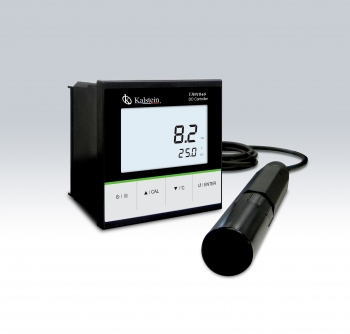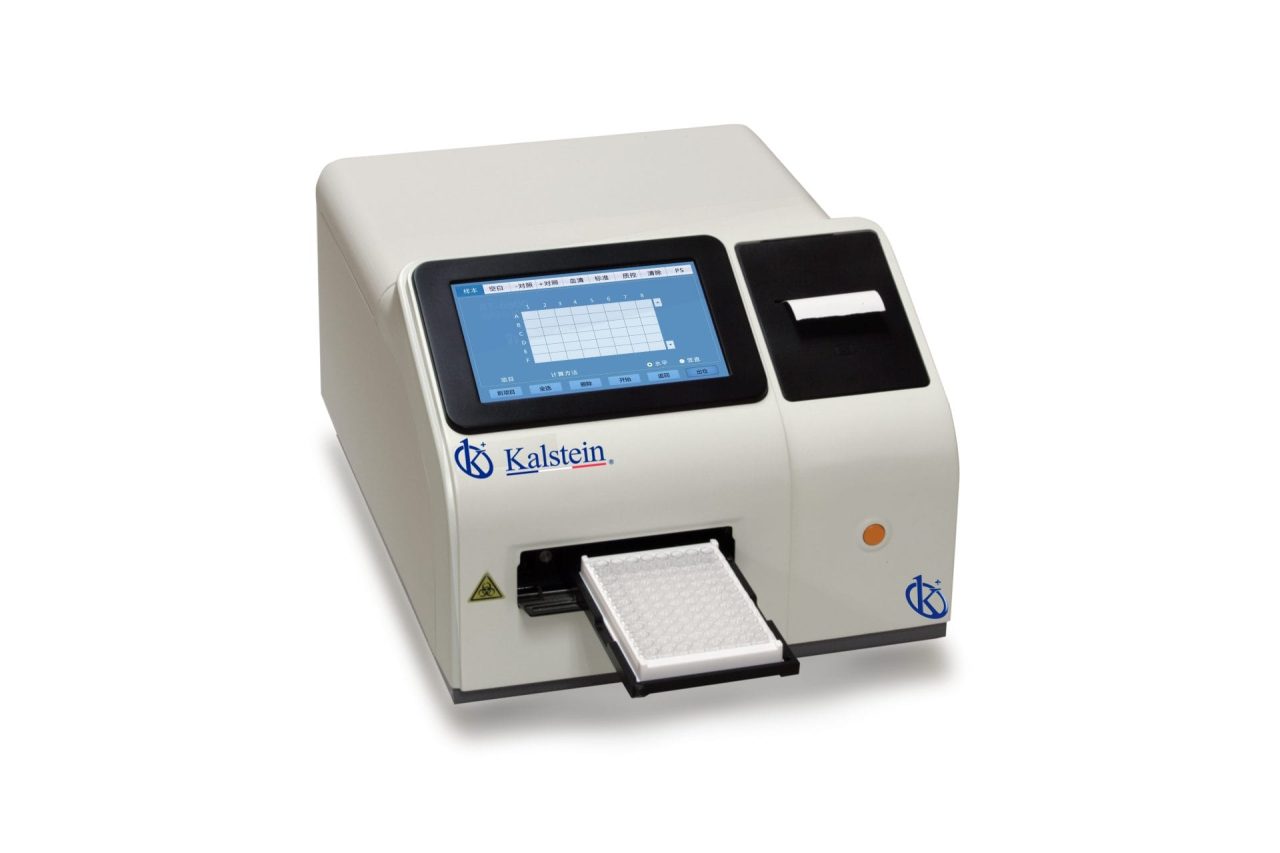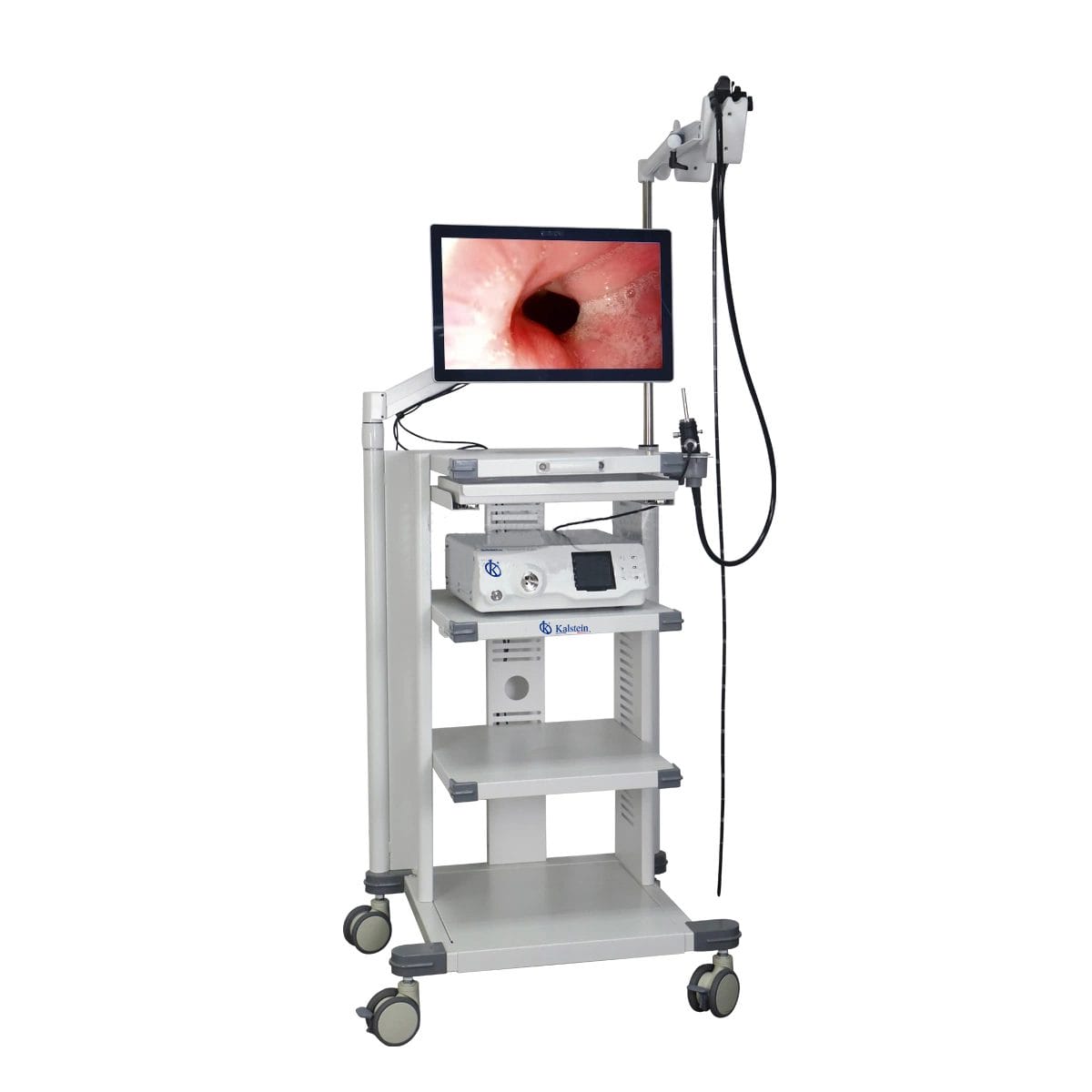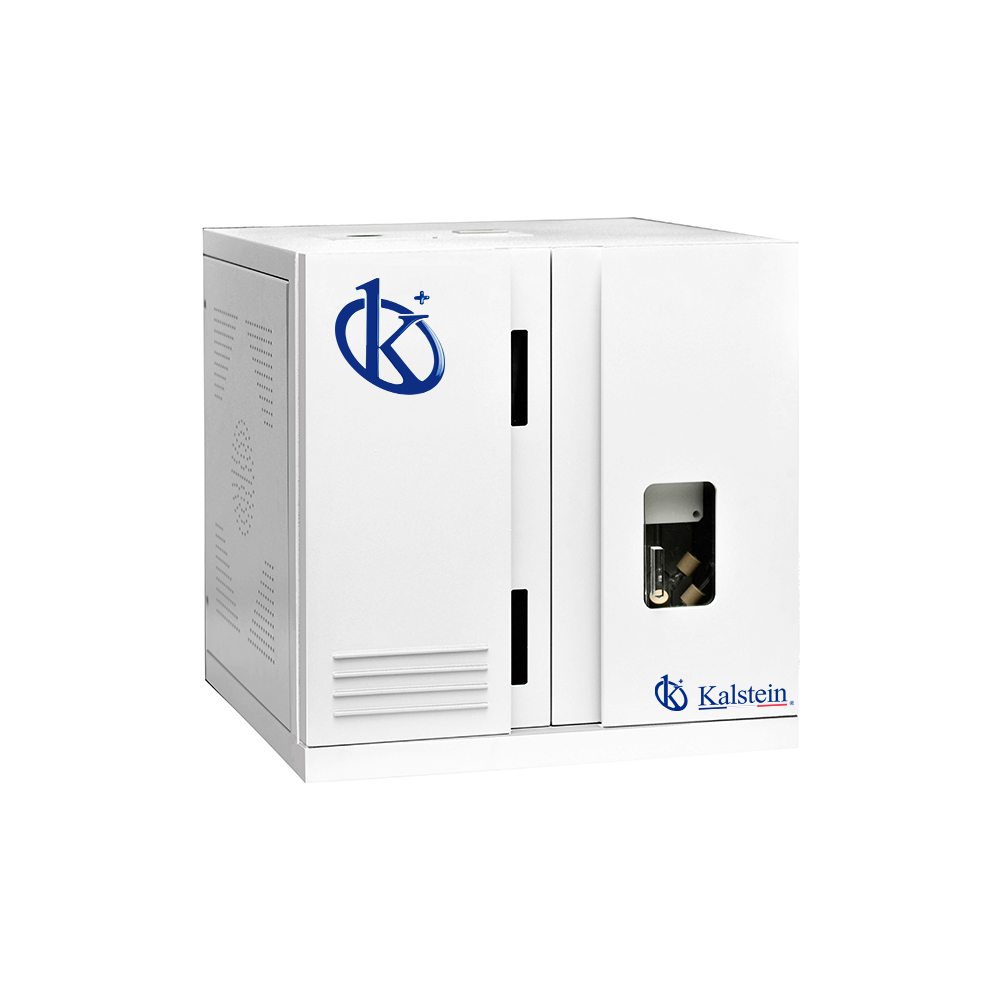Maximizing Patient Care: An In-depth Look at Kalstein’s Veterinary Monitors

Veterinary monitors are essential equipment in any veterinary clinic or hospital. They provide vital details about the health conditions of pets and farm animals, and serve as an invaluable guide for treatments to follow. As a leading manufacturer, Kalstein offers the highest quality monitors at affordable prices, with the promise of improving efficiency and accuracy in patient management.
Maximum Precision with the Dissolved Oxygen Concentration Analyzer

Technological advancement has triggered a seismic shift in laboratory practices over the past decade. Among a wide variety of sophisticated equipment, the Dissolved Oxygen Concentration Analyzer stands out. What makes it special? This device provides superior accuracy in measuring dissolved oxygen concentrations in various solutions, which is fundamental in fields such as biochemistry, aquatic ecology, and food and beverage production.
Transforming Veterinary Care Standards with Kalstein Veterinary Monitors

Veterinary monitors are an essential piece in modern veterinary clinics. These devices allow veterinarians to constantly and meticulously track an animal’s vital signs during surgical procedures or critical situations, ensuring their wellbeing and safety. However, their effectiveness largely depends on their brand.
Discovering the Cold Dehydration Revolution

Cold dehydration is an advanced preservation method used in modern laboratories. This cold drying process uses low temperatures and reduced pressure to remove moisture from samples, thus preserving their structure and chemical composition. Cold dehydration is highly effective in protecting heat-sensitive samples and prevents the formation of ice that can damage cells during the dehydration process.
Benefits of the Ionic Analysis Instrument and How to Acquire It

Biochemical research has taken an impressive turn in recent years. Thanks to technological advances, devices such as the ionic analysis instrument have become protagonists in this field, providing efficiency and precision in results. High-quality devices such as those offered by the renowned manufacturer Kalstein, provide researchers and scientists in this field with an excellent working tool.
Optimization of Laboratory Workflow: The Undeniable Advantage of Kalstein’s Microplate Analyzers

In the complex and energetic world of laboratories, accuracy, efficiency, and high productivity are required. As a solid foundation to achieve these indispensable prerequisites, the benefits that microplate analyzers offer cannot be overlooked. As a renowned manufacturer in the field of laboratory equipment, Kalstein provides high-quality microplate analyzers at a reasonable price, ensuring optimized performance.
Boosting Innovation in Laboratories with Kalstein’s Ultrasonic Washer

In the scientific and medical field, cleaning laboratory items can be laborious and lack efficiency when the appropriate equipment is not available. This is where the ultrasonic laboratory washer comes in. These machines provide precise cleaning without damaging the equipment, thanks to the ultrasound waves that generate tiny but powerful bubbles. When considering the purchase of such equipment, it is vital to choose the correct one. We introduce you to Kalstein, a global leading manufacturer, whose products are known for their high quality and competitive prices.
Increasing Accuracy in the Identification of Veterinary Diseases with the Endoscopic Camera System

In the growing field of veterinary medicine, innovative technologies are transforming the way diseases are diagnosed and treated. Leading laboratory equipment manufacturer, Kalstein, has launched a revolutionary Veterinary Endoscopic Camera System, a tool that goes far beyond superficial diagnosis. This tool, with optimal pricing and exceptional features on purchase, allows veterinarians to detect diseases with greater precision and efficiency.
The Power of the Veterinary CT Scanner: An Indispensable Tool in Modern Diagnostics

In the world of veterinary medicine, technology plays a crucial role in the development of diagnosis and treatment of various diseases. One of the most advanced and increasingly used tools nowadays is the veterinary CT scanner. In today’s article, we will delve into this important equipment that is revolutionizing veterinary on a global scale.
The TOC Evaluator: A Key Resource for Advanced Laboratories

The TOC Evaluator, or Total Organic Carbon Evaluator, is a quintessential tool for any laboratory seeking precision and efficiency. This high-performance instrument is used to measure total organic carbon content in different types of samples, ranging from water to food. Its versatile use and analytical precision make the TOC Evaluator an invaluable asset for advanced laboratories.
